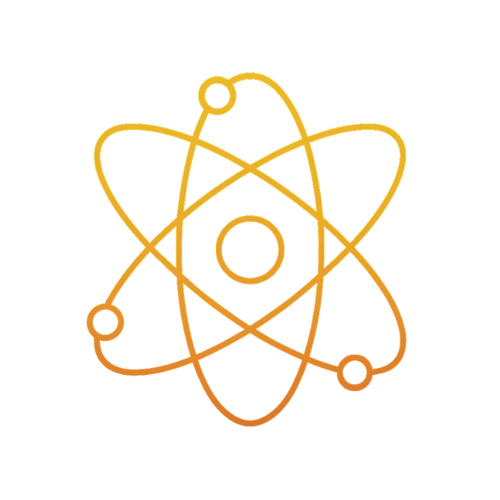
Details
- Ford Otosan, the Turkish joint venture between Ford Motor Company and Koç Holding, has introduced a hybrid quantum application from D-Wave into its vehicle production operations, making this one of the earliest production-scale applications of quantum computing in automotive manufacturing.
- This application uses D-Wave's quantum annealing technology, accessed through the Leap cloud platform, to tackle complex optimization challenges in body shops, paint shops, and assembly lines for the Ford Transit, which comes in over 1,500 different configurations.
- The quantum-enabled system reduced the scheduling process for 1,000 vehicles from 30 minutes to under five minutes—an 83% gain—outpacing proprietary classical solvers (10 minutes) and open-source solutions (over an hour).
- The system's adaptive scheduling responds dynamically to changing demand and supply chain issues, enabling improved workload balancing that cuts unplanned downtime and increases overall production stability beyond what classical systems deliver.
- Ford Otosan intends to extend quantum scheduling to more body shops and optimize tasks in paint shops, assembly lines, and buffer areas, indicating an ambition to deploy quantum technology more broadly across its manufacturing process.
Impact
Ford Otosan’s success with D-Wave’s quantum system sets a new bar for automotive manufacturing efficiency, as quantum computing demonstrates real-world value beyond research labs. The dramatic productivity gains make a convincing case for wider adoption in automotive and logistics industries. As quantum optimization matures, it could soon become a standard for solving industrial-scale scheduling and supply chain challenges.


.svg)
